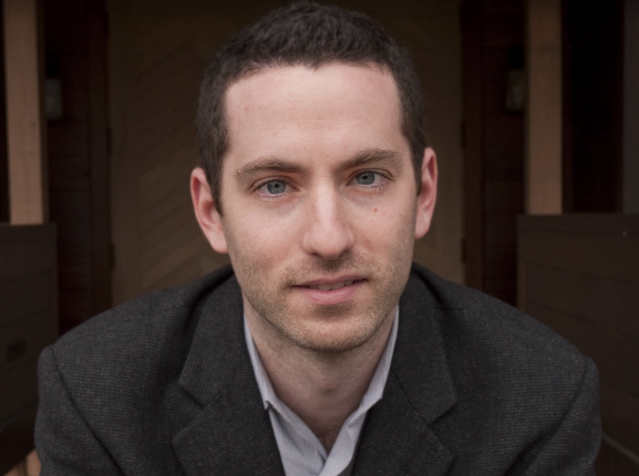Commentator Josh Lambert has spent the last decade researching the use of obscenity and taboo language, and he sees its virtues. But lately he’s had to consider whether to give his six year old permission to start using the words he’s been studying for so long.
The other day, my son and a friend were sitting at the dinner table and the friend said, ‘Sh** is a word for poop,’ and then looked at me to see what I would do.
That’s not unusual; every parent I know has a story like that. But the difference between most parents and me is that I study swearing for a living. For a recent book on obscenity, I read thousands of pages of legal and cultural history, combed through every dirty book I could get my hands on, and listened to the oral arguments for a dozen Supreme Court cases.
The book’s acknowledgements section ends with a line addressed to my wife and son: ‘What else can I say, but that I owe you both so f***ing much?’
I never thought about it while I was doing all that work, but it’s a bit concerning, now that my son can read, that the shelves in my house are filled with hundreds of books—by writers like Henry Miller and Erica Jong—that are not exactly fitting reading for a six-year-old. And what’s even trickier is that I’ve underlined all the filthiest passages.
To be clear, I love profanity when it is deployed artfully. On shows like The Wire and Curb Your Enthusiasm, by comedians from Lenny Bruce to Sarah Silverman, swearing is raised to an art form. And I have every intention of sharing all this culture with my son and his younger sister, un-bleeped and un-bowdlerized, when the time is right.
But I do worry about what will happen if I let them learn these words too early. I find myself being much less easygoing about ‘inappropriate words’ than one might expect from someone with my scholarly interests.
My concern isn’t that exposure to profanity would harm my kids. The American Academy of Pediatrics says that it can lead to aggression. But the cognitive scientist Benjamin Bergen, in his terrific new book “What the F,” shows that the academy didn’t have any actual evidence to support that claim.
No, the real reason I find myself insisting that some words should not be spoken at the dinner table, or at school, is that I want them to be just as powerful for my kids as they are for me. Because part of the fun, and the strength, of profanity is the deep-seated sense that using it breaks a taboo. And if we don’t pass that taboo on to our kids, the words will lose their force, if not their meaning.
So, for the sake of preserving the magic of f*** and sh** for the people I love most, I’m willing to take on the role of the language police in my own house.”
Josh Lambert is the academic director of the Yiddish Book Center in Amherst and teaches English at UMass. His most recent book is “Unclean Lips: Obscenity, Jews, and American Culture.”
